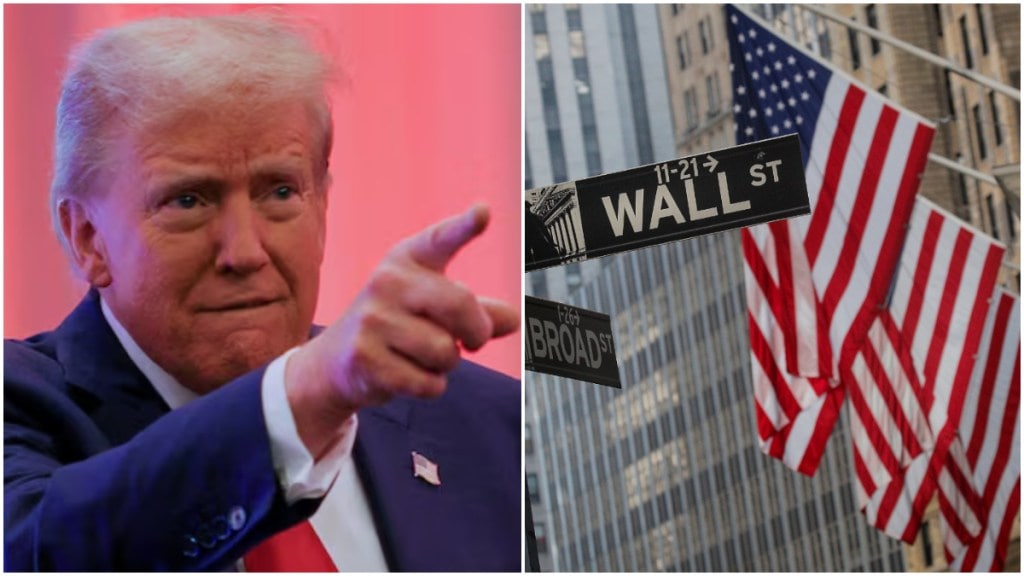US Stock Market: S&P 500 Index closed 0.72% higher on Tuesday while NASDAQ 100 was up 1.6%. Investor mood improved for the second day in a row as trade tensions between the US and China began to ease. This was the first time the S&P 500 closed in positive territory in 2025 since February 28.
As the S&P turned positive, US President Donald Trump while speaking to the audience at a forum in Saudi Arabia confidently said, “it’s going to get a lot higher”.
The Nasdaq Composite, which includes many tech stocks, rose sharply by 1.61% to close at 19,010.08, driven by strong gains in chip companies. In contrast, the Dow Jones Industrial Average fell by 269.67 points, or 0.64%, mainly due to an 18% drop in UnitedHealth shares. Nvidia jumped 5.6% after revealing it will provide 18,000 high-end AI chips to Saudi Arabia. This boosted the entire chip sector, with Broadcom climbing nearly 5% and AMD up about 4%.
Tentative US-China trade deal eases up investors’ sentiment
The news of a possible US-China trade deal gave Wall Street new hope that Trump won’t let the stock market get hit too hard this year.
The idea of a “Trump put” — the belief that Trump will step in to support markets if things get too bad — became popular again after weeks of market ups and downs caused by the trade war, CNBC reported. This was unusual for Trump, who usually pays close attention to the stock market, especially during his first term.
The report further stated that for now, investors feel a bit more confident, believing the White House is looking out for them, even though some uncertainty still remains during the market rally.
In an interview on Monday, Treasury Secretary Scott Bessent said he expects the talks to restart in the next few weeks. He also made it clear that the US still aims to slowly reduce its economic ties with China and is serious about tackling the fentanyl issue through tariffs.
Still, experts like Dario Perkins from TS Lombard say that having someone experienced like Bessent leading the talks is helping calm fears that the negotiations might fall apart, CNBC report said.

